LGBTQ+ Icons
October is LGBTQ+ History Month, a month-long observance of the history, contributions, and influence of LGBTQ+ citizens and communities. In celebration of LGBTQ+ History Month, Queer Educators Equity Network (QuEEN) put together this list of notable LGBTQ+ figures.
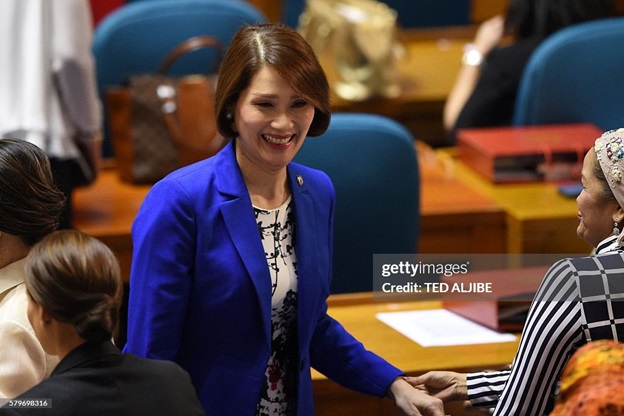
Geraldine Roman
Geraldine Roman (b. 1967) was the first transgender person to be elected to Congress in the Philippines, where she has championed legislation to ban anti-LGBTQ+ discrimination and to legalize same-sex marriage.
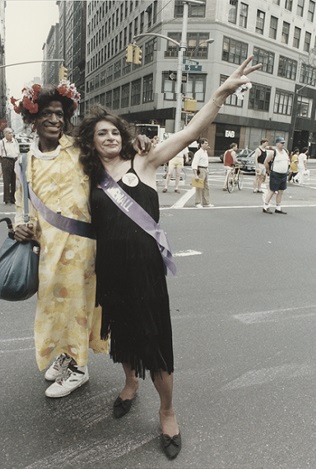
Marsha P. Johnson and Sylvia Rivera
Marsha P. Johnson (1945-1992) and Sylvia Rivera (1951-2002) co-founded S.T.A.R. (Street
Transvestite Action Revolutionaries) to provide shelter for homeless transgender youth.
Both played important roles at the Stonewall riots and in the early queer rights movement.
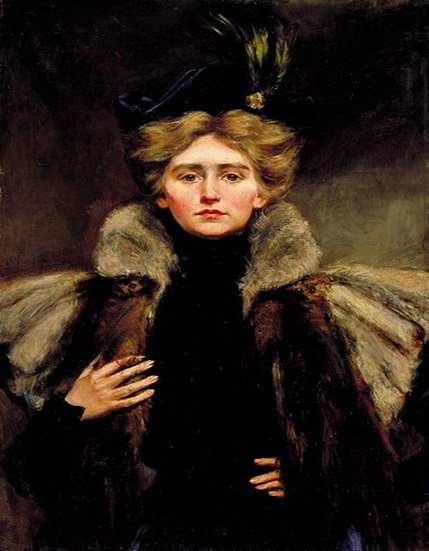
Natalie Clifford Barney
Natalie Clifford Barney (1876-1972) was an American lesbian poet and playwright who
left the U.S. and moved to Paris, where she hosted a salon, frequented by prominent
writers and artists, in her home. Eventually, her home became the center of a lesbian
circle in Paris that was later fictionalized in Radcyffe Hall's classic novel The Well of Loneliness. She believed in polyamory long before the word was even coined. Her lovers included
the poet Renée Vivien and the painter Romaine Brooks.
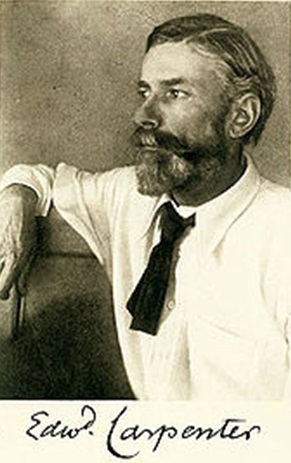
Edward Carpenter
Edward Carpenter (1844-1929), a British poet and philosopher, was one of the first
LGBTQ+ activists. In 1908, he published The Intermediate Sex, which advocated for rights for gay men and lesbians. He argued that justice for queer people
was inherently connected to rights for workers, women, and racial minorities. His
long-term relationship with George Merrill inspired E.M. Forster’s classic gay novel Maurice.
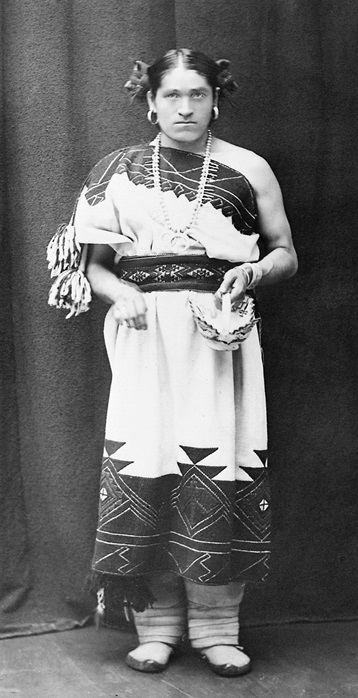
We'Wha
We'Wha (1849-1896) was a Zuni weaver, potter, and fiber artist. We'Wa identified as
a lhamana, a third gender in Zuni culture that corresponds to other two-spirit Native American
traditions. In 1886, We'Wha traveled to Washington, DC, as an ambassador for Zuni
people, where she met President Grover Cleveland.
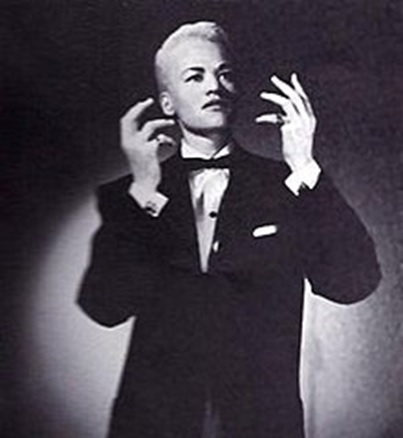
Stormé DeLarverie
Stormé DeLarverie (1920-2014) was a singer and drag king, who, according to herself
and many witnesses, was the “butch lesbian who threw the first punch” at Stonewall.
Born in New Orleans to a Black mother and white father, she eventually made her way
to New York, where she worked as a singer, a drag king, an MC, a bouncer, and a body
guard. She volunteered to patrol the streets around queer bars to protect patrons.
Because of her androgynous appearance, she was twice arrested for being a drag queen.
She is sometimes called "the Rosa Parks of the gay community."

James Baldwin
James Baldwin (1924-1987) was a major American novelist and essayist and a prominent
figure in both the civil rights movement and the gay liberation movement. He was born
in Harlem, but he moved to France at the age of 24 to escape American racism and homophobia.
His first gay-themed novel, Giovanni’s Room, sparked controversy when it was published in 1956, but today it is widely considered
one of the most important works of LGBTQ fiction. His other books include Go Tell it on the Mountain, The Fire Next Time, Another Country, and Just Above My Head.
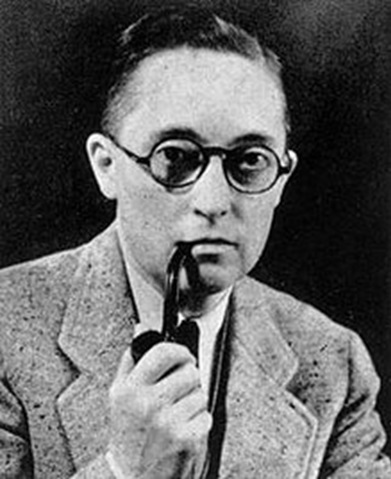
Alan L. Hart
Alan L. Hart (1890-1962), one of the doctors who helped create X-ray technology, was
a transgender man. His gender confirmation surgery, in 1917, is thought to have been
the first in the U.S. for a trans man. He was the first doctor to use X-ray photography
to detect tuberculosis, saving many lives by catching the disease early enough so
that it could be treated. He also had a career as a fiction writer.
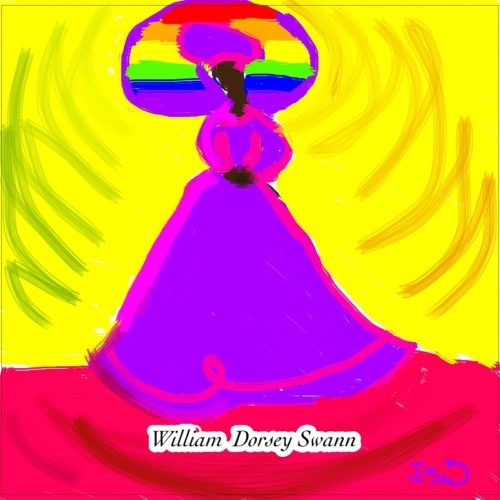
William Dorsey Swann
William Dorsey Swann (1858-1925) is sometimes credited with inventing the term "drag
queen." Born into slavery in 1860, he organized drag balls in the 1880s and 1890s
in Washington, DC, dubbing himself the “queen of drag." His home and the drag queens
who gathered there were called the House of Swann. He was arrested at his home at
his 30th birthday party while in drag. He resisted being arrested and later asked President
Grover Cleveland for a pardon. It is said that he was the first person in U.S. history
to legally challenge anti-queer persecution. We have no images of him, but many artists
have found creative ways to pay tribute to him.
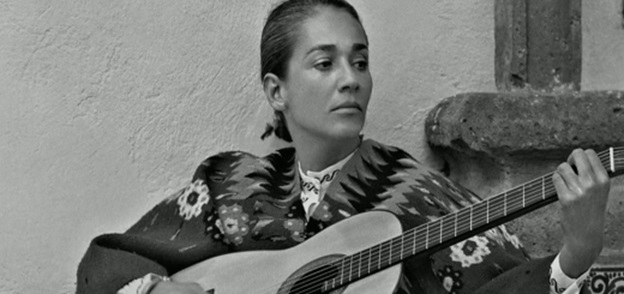
Chavela Vargas
Chavela Vargas (1919-2012) was a Mexican singer, known primarily for her interpretations
of ranchera songs. Born in Costa Rica, she moved to Mexico at 17 to escape a difficult
family life and to pursue a musical career, eventually adopting Mexico as her home
country and obtaining citizenship. Because of her masculine style of dress and her
refusal to change gender pronouns in the songs she performed, she was long rumored
to be a lesbian, but she didn't come out publicly until she was 81 years old. She
is believed to have had an affair with Frida Kahlo, but her longest relationship was
with the human rights lawyer Alicia Elena Pérez Duarte. Her battle with alcoholism
led to her disappearance from the music world for 15 years. Later in life, her career
was revived when the gay Spanish film director Pedro Almodovar championed her work,
featuring her songs in several of his films. She claimed that the ghost of the great
gay Spanish poet Federico Garcia Lorca appeared to her in the form of a dove and that
she had long conversations with him, inspiring her 2012 album La Luna Grande, in which she set some of his poems to music. She died in 2012 at the age of 93.
Her life and her musical career continue to be celebrated by fans and scholars, both
for her emotive and at times gravelly voice (sometimes called "la voz áspera de la tenura" or "the rough voice of tenderness") and for her brave defiance of gender norms
and heteronormatity.
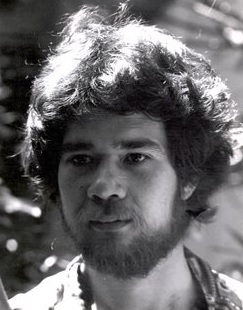
Richard Frank Adams
Richard Adams (formerly Richard Frank Salanga; 1947-2012) was a Filipino-American
same-sex marriage advocate. In 1975, he, together with his partner Anthony Sullivan,
became one of the first gay couples to be legally married in the U.S. Later, when
the U.S. government did not recognize their marriage, Adams filed the first federal
lawsuit to seek recognition of same-sex marriages. Though he lost this lawsuit and
another that followed, his decade’s worth of advocacy paved the way for the U.S. federal
government to eventually recognize same-sex marriages.

Bayard Rustin
Bayard Rustin (1912-1987) was a gay African-American man who helped organize the freedom
rides and the 1963 March on Washington. Later in the 1980s, he became a gay rights
activist. Because of his sexuality, the outsized role he played in the civil rights
movement has not been acknowledged until recently. In 2013, he was posthumously awarded
the presidential medal of freedom by President Obama. A biopic about him (produced
by Barack and Michelle Obama) will be coming out later this year.
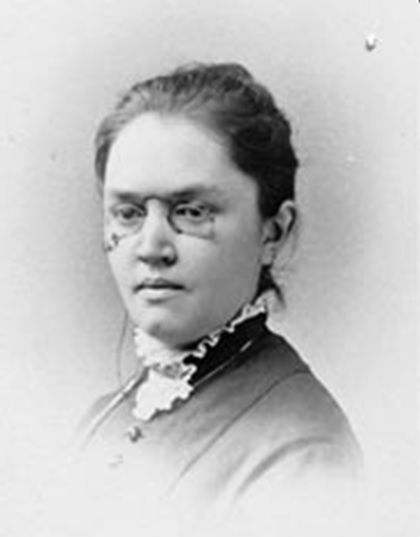
Katharine Lee Bates
Katharine Lee Bates (1859-1929) was an author, poet, and scholar, best known for writing
“America the Beautiful.” She was also an activist for labor rights and women's suffrage.
A professor of English at Wellesley College, she had a long-term relationship with
a fellow professor, the economist Katharine Coman. Their relationship was often described
as a "Boston marriage," a term applied in that era to partnerships between women who
lived together. Sometimes "Boston marriages" were platonic, but often they were lesbian
relationships, and scholars believe that Bates's and Coman's letters to each other
confirm that they were more than friends. After Coman’s death, Bates published Yellow Clover, a book of poems about her grief, in a limited edition. In one of the more famous poems
from that collection, Bates wrote, "My love, my love, if you could come once more / From your high place,/ I would not
question you for heavenly lore, / But, silent, take the comfort of your face. / I
would not ask you if those golden spheres / In love rejoice,/ If only our stained
star hath sin and tears,/ But fill my famished hearing with your voice./ One touch
of you were worth a thousand creeds./ My wound is numb / Through toil-pressed day,
but all night long it bleeds / In aching dreams, and still you cannot come."

Sappho
Sappho (630 B.C.E.-580 B.C.E.), often considered greatest of the Greek lyric poets,
wrote passionate love poems addressed to women. She lived on the island of Lesbos,
and it's because of her poetry that we used the word lesbian today.
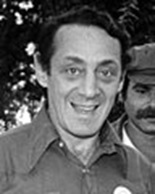
Harvey Milk
Harvey Milk (1930-1978) became the first openly gay person to be elected to public
office in California when he was elected to the San Francisco Board of Supervisors
in 1977. Prior to being elected to office, he was known as “the Mayor of Castro Street”
because of the leadership role he played in his community. While in office he sponsored
and helped pass an ordinance banning anti-gay discrimination in housing, employment,
and public accommodations. In 1978, he led a successful fight against the Briggs Initiative,
which would have forced public schools to fire not only LGBT teachers but also any
school employees who expressed support for LGBT rights. Along with Mayor George Moscone,
he was assassinated in 1978 by a former member of the Board of Supervisors, Dan White,
who had been the only member of the Board of Supervisors to vote against Milk’s gay
rights ordinance. Milk was posthumously awarded the Presidential Medal of Freedom
by Barack Obama in 2009.

